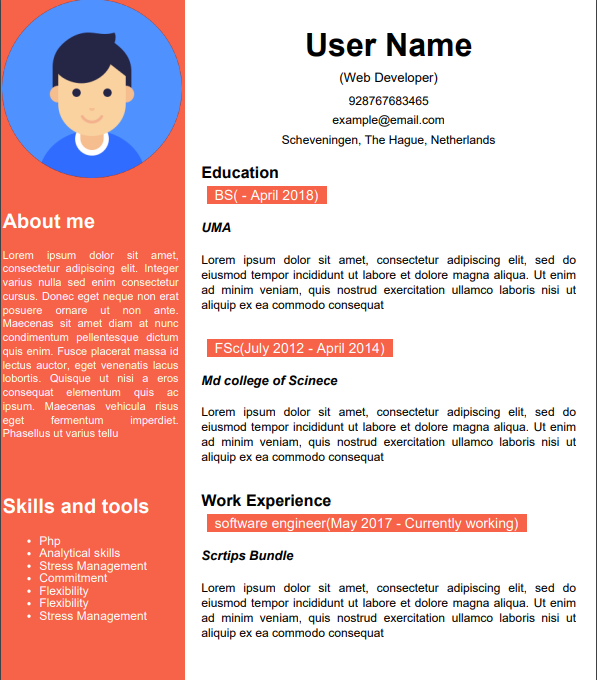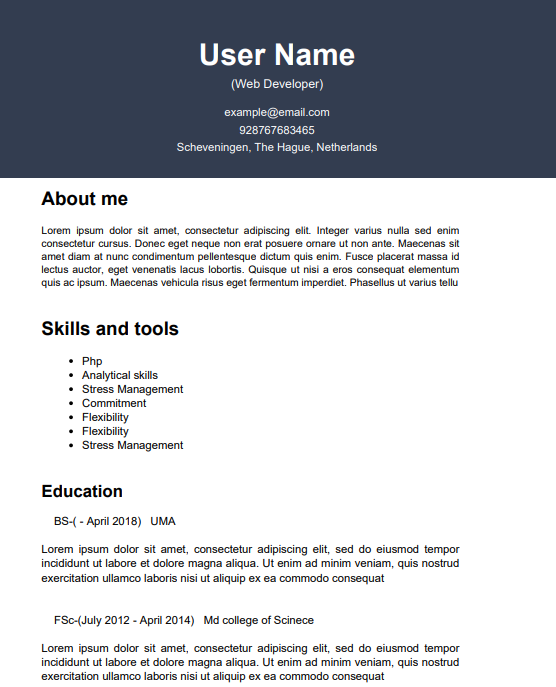Jobs4Football meets Her Game Too
In 2021, 12 passionate female football fans came together to create the Her Game Too campaign, with the aim of ‘fostering an ethos in football in which women are welcomed and respected equally.’
Shortly after Her Game Too launched, a video from the group blew up on social media, and since then the movement has attracted a lot of attention, which has resulted in thousands of people showing their support for the cause and helping raise awareness to the subject.
#HerGameToo pic.twitter.com/tYPBJmuNQP
— Her Game Too (@HerGameToo) May 15, 2021
When talking about the response the HGT movement has gotten so far, Co-founder of HGT Eve Ralph said: “The massive majority has been very positive, so many people have got on board with the campaign whether that’s male, female, parents with children. We have had professional footballers send us messages as well which is really important because they’re role models to many people, so that helps our message reach a wider audience.
“We also have 30 professional clubs associated with the campaign and a lot of them are very enthusiastic in terms of asking what they can do to help promote the aims of the campaign, and we have been endorsed by celebrities and news outlets getting on board, so we are very grateful for the support we have received so far.”
December 2021 marked 100 years since The FA passed a resolution prohibiting women’s football from being played in their stadiums, at a time when the women’s game was thriving and attracting five-figure crowds for charitable causes on a consistent basis.
It is reported that the reasoning behind the decision was due to the success of the women’s game concerning The FA, who were worried that paying spectators may have been diverted away from the men’s game.
The Women’s FA Cup final in 2021 was scheduled to coincide with the 100-year anniversary of the ban, in a match which saw Arsenal and Chelsea play in front of over 40,000 people at Wembley Stadium.
Year on year the women’s game continues to reach new heights and attract larger audiences, and it’s not just in the UK either, Barcelona’s Champions League clash with Real Madrid at the Camp Nou in March is set to be played in front of 85,000+ spectators, which would break the world record for crowd numbers at a women’s game.
Camp Nou is completely sold out for the women's Clasico in March, after 85,000 tickets were sold in three days ????
The average Camp Nou attendance for men's Barcelona games has been 46,299 this season. pic.twitter.com/uQ9j5y6BJq
— GOAL (@goal) January 17, 2022
Whilst progress continues to be made, many of the women involved in the sport are still subjected to sexism, both online and in person.
When discussing some of her experiences as a female football fan, Ralph said: “When I was growing up most of the comments I received were about the club I supported rather than my gender. It’s only when I started to get older is when the comments started to get a little bit nastier and you could tell it was more targeted at my gender, and it felt like I had to prove why I was a fan.
“The comments were becoming more and more frequent and I was getting them online, in person, on nights out, and especially on the way back from football, often when people were having a bit to drink.”
In 2021, The Football Supporters’ Association surveyed 2,000 match going women and found that one in five suffered unwanted physical attention at football matches, which again highlights the ever-present issue of sexism in football and how more needs to be done to stop it.
“I think it’s everyone’s responsibility to call out sexism in football. We saw last week one of the clubs offered a ban to someone who made sexist comments which is refreshing to see that clubs are taking a stand.
“So many clubs do have a reporting system but we found not many people know about them so I would recommend everyone familiarizes themselves with them, share it with other people and then report what you see or hear, and then that’s when the clubs can do something about it.
“What I find when I do focus groups, even with ladies, is that they are unaware of what comes under sexist abuse, so we will ask them have they heard it and they will say ‘no’ and then we will give examples and they will say ‘actually I have heard that.’
“The word banter gets thrown around quite a bit and it’s time to understand that these comments aren’t banter.”
The rapid rise in the Her Game Too campaign highlights the positive effect social media can have in terms of being able to reach out to a large audience, but with that audience also comes the down side to social media platforms.
“When you speak to the younger generations the majority of this abuse is coming from online, so there are definitely issues there in terms of how easy it is to create a faceless account and therefore not be held accountable for anything you say.
“Whilst the majority of comments have been in support of the campaign, we still do get the occasional nasty comments but we are able to ignore it, block it and forget about it, and to be honest these people are helping fuel our campaign even more and they don’t even realise. Social media has been amazing with helping the campaign but there is still a lot that needs to be done.”
As well as trying to eradicate sexism from football, the group also focusses on celebrating women in the sport and sharing positive experiences in the hopes of encouraging more women to get involved with the game.
“When we partner with clubs some of them have offered free tickets to female ladies’ teams in the community and so we have seen a big increase in the number of girls going to games which is amazing.
???? To celebrate our partnership with @wokingfc – they are kindly offering FREE tickets to female supporters ahead of Saturday’s game vs Southend!!
Now is the time to get involved ????????????#HerGameToo ???????? https://t.co/7DvKzZu5xP
— Her Game Too (@HerGameToo) February 8, 2022
“We don’t just want to focus on the horrible stuff, we want to try and get more girls in football and I would say we have seen a rise in the number of girls wanting to do this. We get so many messages asking things such as ‘how can I get involved’ and telling us all these lovely stories.
“We get people sharing when they are wearing Her Game Too merchandise to games, so we are building a nice community. Of course, we want to help support those who need it, but we also want to share the stories of females who are currently in the industry.”
The clubs the group have partnered with vary from Everton in the Premier League to Hearts in the Scottish Premiership to Dorking Wanderers FC in the National League North. Whilst the movement has made big strides in the world of football in such little time, the group has even bigger plans for 2022.
“A big one for us at the moment is trying to partner with as many as the clubs as we can, and I think our first goal is to partner with a whole league, so we are nearly at all of League 2 so that would be amazing. We are also having conversations with people in different countries so it would be great if we could take the campaign over there as well.
“Obviously, we hope one day there is no sexism in football and then we will switch focus to helping women get more opportunities in football and getting roles in the sport.”
As well as her work for Her Game Too the 26-year-old is also an inclusion leader for Leicester City in the community, which focuses on getting women and people with disabilities involved with football, and she has also worked a number of different coaching roles in the past.
The Bristol City fan believes she has found her perfect line of work with her role at Leicester and Her Game Too and wants to continue helping as many people as possible enjoy the beautiful game in the future.
If you would like to report any incidents of sexism in football – Report | #HerGameToo


